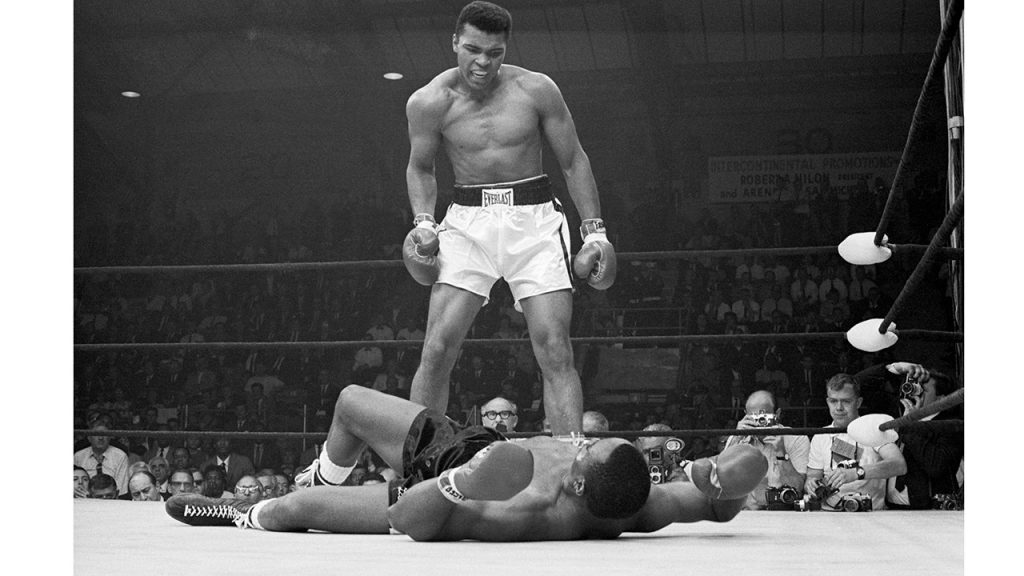On April 28, 1967, Muhammad Ali, the world heavyweight boxing champion, refused to serve in the United States military at the height of the Vietnam War. This decision led to a legal battle that ultimately reached the United States Supreme Court. Ali claimed that as a minister of the religion of Islam, he was exempt from being inducted into the Armed Forces. While some viewed him as a hero standing up for his convictions, others criticized him for using his celebrity status to avoid the draft during a time when many young men were fighting and dying in the war.
Born Cassius Clay in 1942, Ali gained national attention by winning a gold medal in the 1960 Summer Olympics and capturing the world heavyweight title with an upset victory over Sonny Liston in 1964. After publicly announcing his conversion to the Nation of Islam and changing his name to Muhammad Ali, he became a prominent figure in both sports and religion. Ali’s refusal to serve in the military was seen by some as a result of an order from Nation of Islam leader Elijah Muhammad.
Ali’s iconic status made him a prominent figure in the civil rights movement. His friendship with Malcolm X further solidified his involvement with the Nation of Islam. Despite facing backlash for his decision to not serve in the military, Ali remained steadfast in his beliefs. He was fined $10,000, banned from boxing for three years, and sentenced to five years in prison, but his conviction was ultimately overturned by the Supreme Court in 1971.
Ali continued his boxing career and regained his heavyweight crown in 1974. He also became a popular speaker at colleges across the United States, where he shared his views on race, religion, and social justice. While some recent reports suggest that Ali’s refusal to serve in the military was due to pressure from Nation of Islam leader Elijah Muhammad rather than religious conviction, the iconic boxer remained a symbol of courage and conviction for many.
Despite the controversy surrounding his decision, Ali’s impact on sports, culture, and society remains significant. His legacy as a boxing legend and civil rights advocate has left a lasting impression on generations to come. Ali’s refusal to serve in the military during the Vietnam War era continues to be a topic of discussion and debate, with various interpretations and perspectives on his motivations and beliefs.















